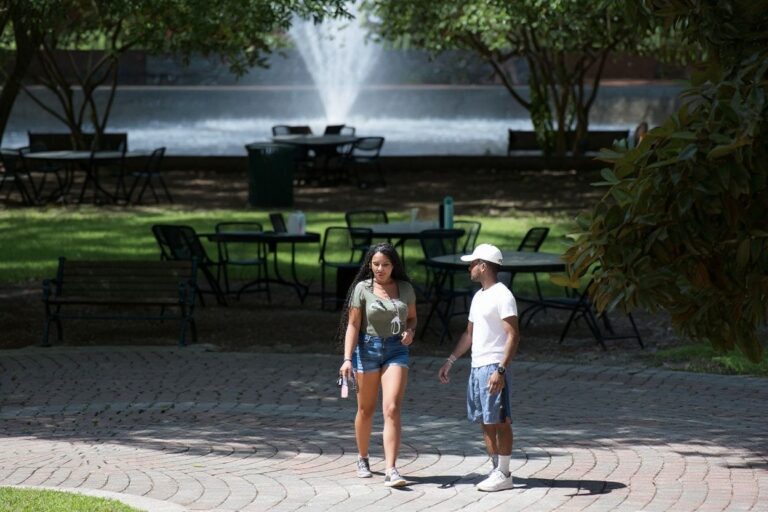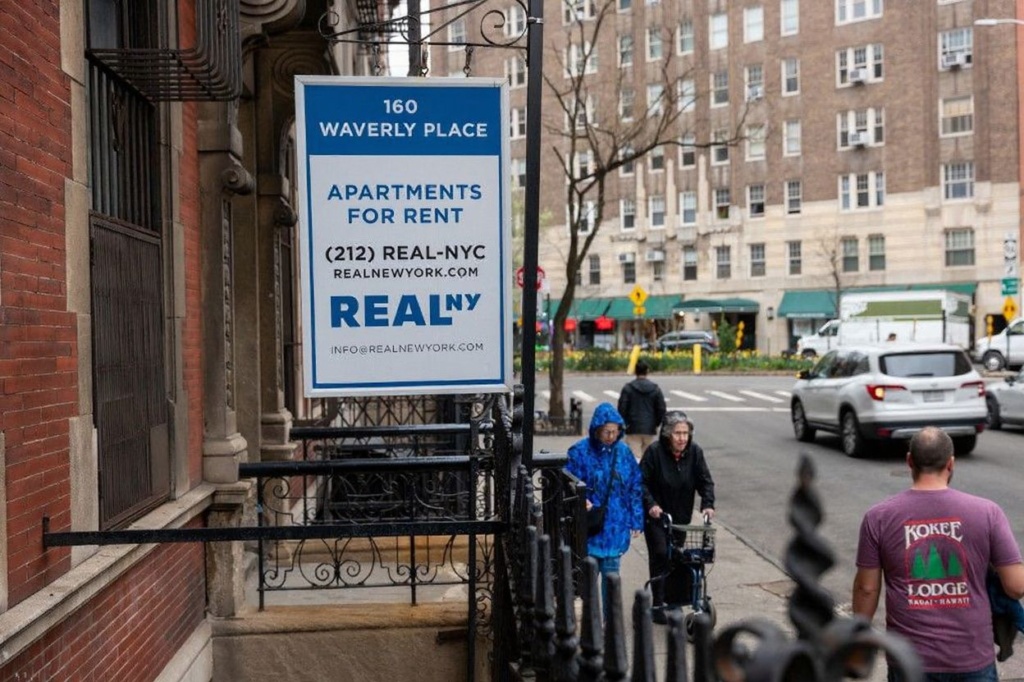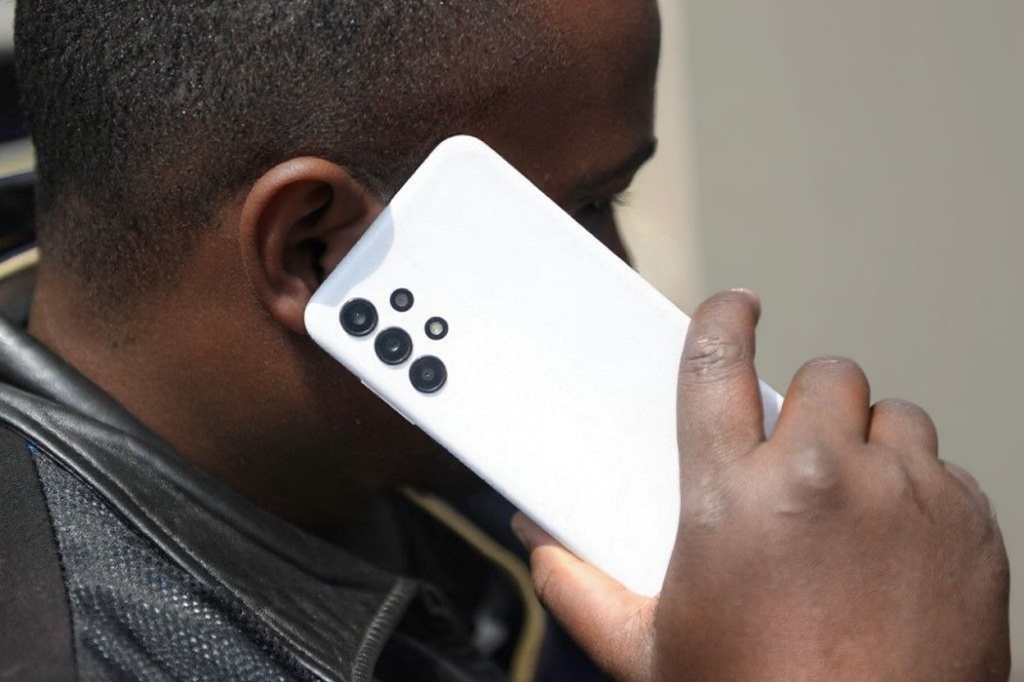
As if moving abroad, adapting to a new culture, pursuing your education, holding down a part-time job, and trying to save weren’t hard enough, now you’ve got to keep an eye out to avoid scams too.
A report by the Identity Theft Resource Centre even states that students are most vulnerable when looking for an apartment, signing up for utilities or getting a credit card — all while in a foreign country.
So students have it rough, but international students, in particular, get the short end of the stick in this regard, especially when scams are as common as dirt these days.
Almost anything could be a scam and arouses suspicion: your exciting new job offer from a beyond generous recruiter, the official-looking university email informing you that your tuition fees remain unpaid, and even the swanky new accommodation you’re ready to lease after paying a hefty deposit.
Still, there are ways to avoid scams without being overly paranoid. Here are five common ways that students are deceived and handy tips on how to handle them:
 With housing shortages happening across various countries, some students end up being scammed into fictional or fake listings.
With housing shortages happening across various countries, some students end up being scammed into fictional or fake listings.
Fictional or fake flat listings
This is a top one for students, as many cybercriminals make the time and effort to post fake listings of ideal apartments. With fictional listings, the “landlord” can’t show you the place but offers to secure it for you by wiring a deposit. Never fall for this.
In some cases, you might even be able to tour the space multiple times with the supposed “landlord” and even make your deposit only to find out that the place is already lived in. That was the case reported by The Eyeopener for one Asmith Kaur from India, a student at Toronto Metropolitan University. Together, she and her roommate collectively lost 5,200 CAD (approximately US$3,800) when the space they’d toured thrice and were about to move in already had a tenant.
So, prior to any massive decisions that don’t involve a legitimate realtor, develop your research skills by doing an internet search with the apartment’s address to find any contact names related to it. You’ll most probably come across a legitimate listing and someone to contact so you can verify whether or not it’s real.
Fake scholarships
Just like those emails saying you’re entitled to a hefty sum of money from a random person you’ve never met, you should stay alert to avoid scams like this.
Always, always, always make sure you’re in direct contact with your school to confirm the legitimacy of your “award.” You can also perform a quick search on the organisation that offered it to you and see what you find. You should never be required to send money for a grant.
The scholarship might even come from a government body. In March 2024, the Philippines was subject to a country-wide scam when a post on a popular Facebook group published about a scholarship programme offered by the country’s Department of Education (DepEd).
The post included the DepEd seal and a photo of the Vice President and Secretary of Education, adding to its “genuineness.” Those interested were instructed to submit their school IDs and report cards through a link embedded in the post. Within days, DepEd released an advisory warning the public against fake scholarships circulating online.
 To avoid scams, never share personal details with someone from an unidentified number.
To avoid scams, never share personal details with someone from an unidentified number.
Unpaid tuition fee claims
Another day, another call. Suddenly, you get someone claiming to be a representative of your college telling you your tuition payment is late and you’ll be dropped from all classes unless you immediately pay over the phone.
First of all, end the call as soon as possible. Then, contact your school’s financial aid office with the verified phone number from the institution’s official website to check whether the request is valid. If it isn’t, report the incident.
Deakin University recently reported that its students have been targeted by a tuition fee payment scam. In a blog post, they highlighted things to look out for regarding the scam, including a note that the university would never reach out to its students regarding a discount or an extension of tuition fees by email or phone.
Phishing student loan scams
These scammers love to email and tend to choose the last few weeks of August as this is the time students start receiving their loans ahead of the school year.
These scam spotting tips are relevant for students and non-students alike — but if you’re a student who has received an email from the Student Loans Company (SLC) you think might be fake, forward it to phishing@slc.co.uk, and report to @actionfrauduk → https://t.co/piCjr2cLtL pic.twitter.com/ysOsB8PaAA
— Which? (@WhichUK) July 29, 2018
And not only do you have to watch out for the student loan scams, you’ll have to keep an eye out on the student loan forgiveness scams too.
In April 2024, the White House announced its latest plan for broad student loan debt relief that could help more than 25 million borrowers. This was quickly followed by an alert issued by the Federal Trade Commission highlighting that scam emails and texts can often seem like the real deal.
Again, while there’s no way to delete and block email scams requesting information on your loot because new accounts get made all the time, always check the sender’s address. This is something you can check with your institution and report if it’s an unknown sender.
 With the world in your hands, getting your phone hacked, especially when much of your personal details is on it, can be a terrifying thought.
With the world in your hands, getting your phone hacked, especially when much of your personal details is on it, can be a terrifying thought.
Avoid scams on social media
One in five young adults have been hacked on social media and 43% don’t even know how it happened. Once a hacker gets your account, they take control of your digital life, and if you share sensitive details, have many accounts linked, and save your credit card information and address, it could be the end for you.
Beyond getting hacked, you want to avoid scams about purchasing exam papers, too. In the UK, scammers are selling fake GCSE and A-level papers on social media, charging as much as 500 GBP (approximately US$636) for one paper. The Joint Council for Qualifications, which represents the UK’s eight largest exam boards, says it is highly unlikely real papers are being leaked online, but desperate students have paid the price before, and there’s no stopping these scammers from their work.
So, be safe online, never share private information, and don’t click on the link to take you to a free survey. Stay alert and always think twice about the decision you’re about to make.
Disclaimer: This article was last updated on May 23, 2024.










